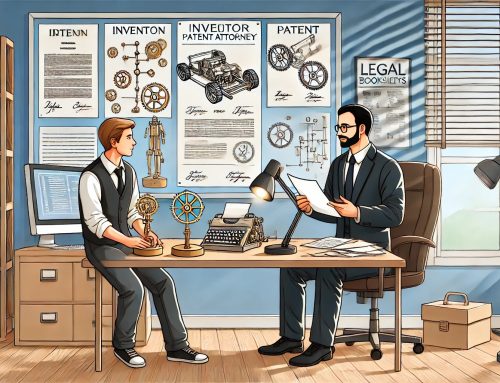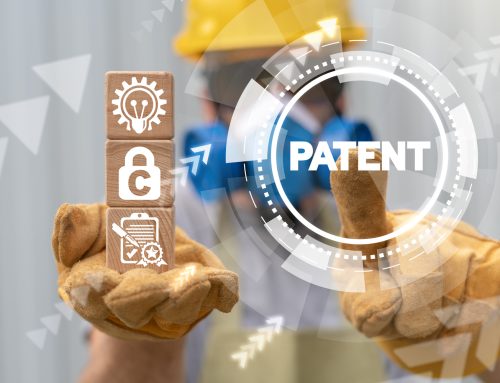In Miami Tech, Inc. v. Perez, the Court granted the patent attorney for the Defendant’s motion to dismiss for failure to state a patent infringement claim for which relief can be granted. Case No. 13-CV-21681. The declaratory action asked the court to declare that the patent registration No. 8,348,071 was invalid. District courts are provided a significant amount of discretion in determining whether to accept the patent attorney’s filing for declaratory judgment action. In addition, the patent attorney must allege enough facts on behalf of their client to make it appear as if there is a substantial likelihood that it will suffer future injury. If there is no case or controversy, there is no issue for the patent attorney to have resolved by the court. If a party does not have adverse legal interests and a meaningful dispute at the time the declaratory action was filed by the patent attorney, then the action should be dismissed. In the instant case, the patent attorney for the plaintiff fialed to include allegations “that plaintiff’s intellectual property rights in the patented product for which defendant was awarded his patent infringed upon any particular rights which became vested in the plaintiff.” Id. The inequittable conduct alleged by the Plaintiff on behalf of its patent attorney, failed to allege that Plaintiff’s patent invalidates Defendant’s patent, providing “a lengthy recital of facts.” Instead, it sppeared to the court that Plaintiff merely sought redress for procedural misconduct that took place before the Patent Office. However, Plaintiff lacks standing to attack said procedure. Accordingly, Plaintiff’s patent attorney failed to state a valid case for which relief could be granted. A critical mistake of Plaintiff’s patent attorney was failing to allege an adverse legal interest in the outcome of the case. However, the Plaintiff’s patent attorney could likely amend the complaint, in accordance with the court’s holding to sufficiently overcome the dismissal for failure to state a claim.
Patent Attorney review of Miami Tech v. Perez
[1] Plaintiff’s patent attorney alleged that Defendant committed inequitable conduct in obtaining the patent because allegedly the Defendant revived the patent application because Defendant was alleged to be infringing on Plaintiff’s patent rights.







